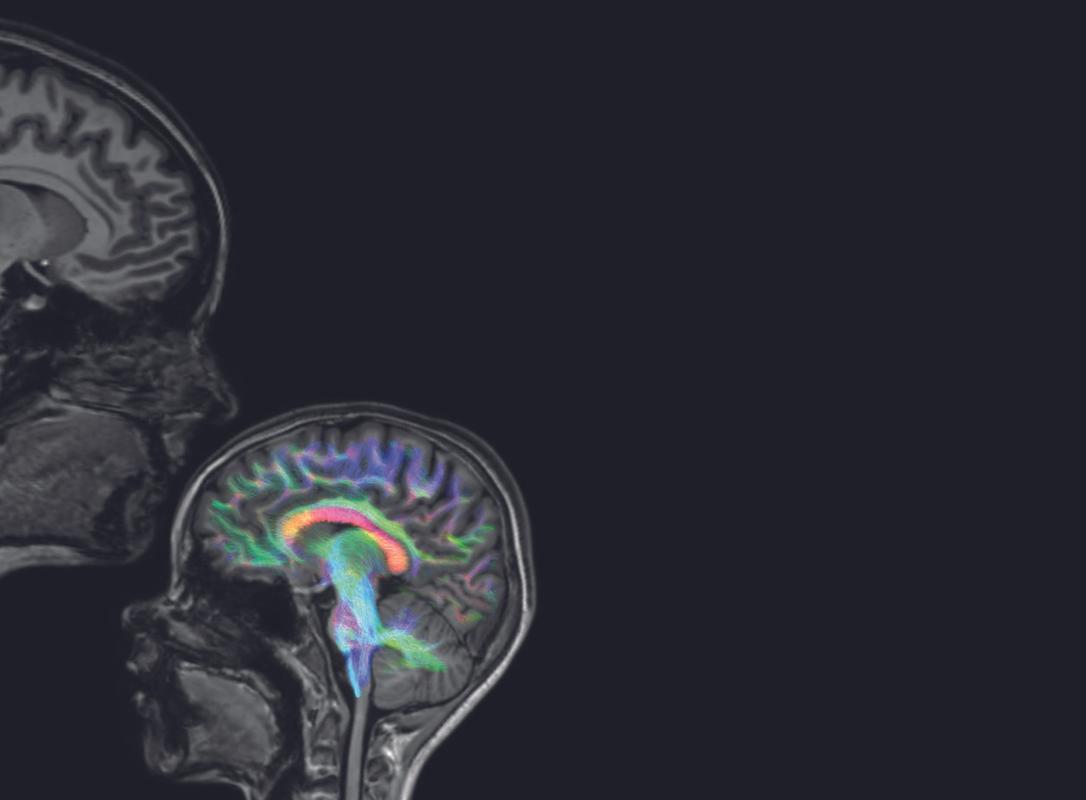Based on MRI images it became clear how the brain of 9-year-old children had developed after a pregnancy with cancer. Researchers compared the images with images from a control group in which the mother did not have cancer. This enabled the researchers to map how the brain of a child whose mother had cancer differs from that of children from a complication-free pregnancy. In addition, the researchers also looked at the specific influence of exposure to chemotherapy before birth.
Local influence
Neither cancer, nor chemotherapy seemed to have an influence on the global function of the brain or on the functional link between the various brain parts. “The results did point to a local influence on the structure of the brain by the cancer and the treatment. Certain types of chemotherapy, more specifically platinum-based therapy, also turned out to be a potential risk factor. Chemotherapy generally did not have a significant influence on the brain’s development”, according to engineer Jeroen Blommaert, PhD researcher KU Leuven and first author of this trial.
Lack of bonding
According to the researchers, the minimal differences between the two groups are rather to be attributed to psychosocial factors, other than to the cancer or the treatment itself. “The fear and insecurity that go together with cancer during the pregnancy and the illness itself sometimes result in a reduced bonding between mother and child. This could explain why the children from the trial displayed a slightly lower verbal IQ at age six and why we can see small local differences in brain development, especially in the language network area”, according to professor Frédéric Amant, gynaecologist-oncologist at UZ Leuven. For language development, the bond with the mother is very important.
Better follow-up
The impact of these results for the follow-up of mothers with cancer is clear. “It is important to better monitor mother and child in case of platinum-based chemotherapy. Casting the therapy completely aside is not possible, because for some types of cancer this just is the best option. This is why it is equally important to provide better psychosocial support for the mothers and the children after the delivery”, professor Amant concludes.
The trial was published in Eclinicalmedicine, the online open access journal of The Lancet. The research is part of the PhD of Jeroen Blommaert, ‘Effects of prenatal exposure to cancer treatment on neurocognitive development: an MRI and ERP study’. For this study there was a collaboration between the departments of gynaecology-oncology, radiology (dr. Sabine Deprez), paediatrics and neontology.
